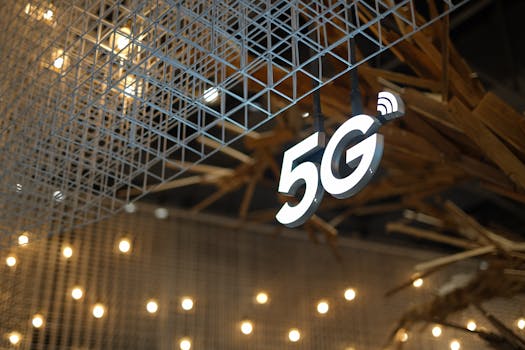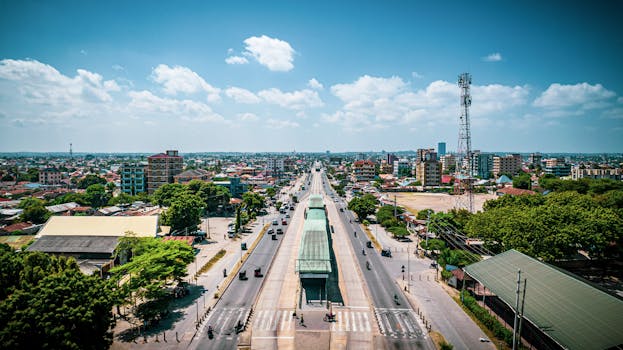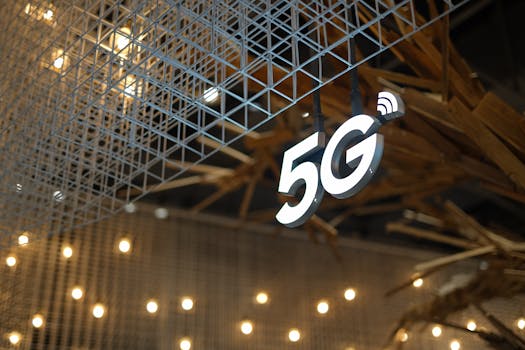
A New Era of Telecommunications: The Rise of 5G Projects Across Africa
5G technology is revolutionizing the telecommunications industry across Africa, offering unparalleled speeds, lower latency, and enhanced connectivity. As the continent continues to experience rapid growth and urbanization, the demand for fast, reliable, and affordable internet services is on the rise. In response, telecommunications companies are investing heavily in 5G projects, aiming to bridge the digital divide and unlock new economic opportunities.
Introduction to 5G Technology

5G, or fifth-generation, wireless technology is the latest iteration of mobile networks, designed to provide faster data transfer rates, lower latency, and greater connectivity than its predecessors. With 5G, users can expect speeds of up to 20 Gbps, compared to 4G’s 100 Mbps, making it an attractive solution for applications that require high-bandwidth and low-latency, such as online gaming, virtual reality, and video streaming.
The Rise of 5G Projects in Africa

Africa is witnessing a surge in 5G projects, with several countries, including South Africa, Nigeria, Kenya, and Egypt, already launching commercial 5G services. Telecommunications companies, such as MTN, Vodacom, and Safaricom, are leading the charge, investing billions of dollars in 5G infrastructure and spectrum acquisition. The African Continental Free Trade Area (AfCFTA) agreement is also expected to drive 5G adoption, as it aims to create a single, unified market for African countries, fostering economic growth and cooperation.
Benefits of 5G Technology in Africa

The introduction of 5G technology in Africa is expected to have a profound impact on the continent’s economic and social development. Some of the benefits of 5G technology include:
- Improved Connectivity: 5G will provide faster and more reliable internet services, bridging the digital divide and connecting remote and underserved communities.
- Enhanced Economic Opportunities: 5G will enable new industries and business models, such as e-commerce, online education, and telemedicine, creating new job opportunities and stimulating economic growth.
- Increased Innovation: 5G will facilitate the development of innovative solutions, such as smart cities, IoT, and artificial intelligence, driving technological advancements and improving the quality of life for Africans.
Challenges and Limitations

While the potential benefits of 5G technology in Africa are significant, there are also challenges and limitations that need to be addressed. Some of the key challenges include:
- Infrastructure: The rollout of 5G requires significant investment in infrastructure, including cell towers, fiber-optic cables, and spectrum acquisition.
- Regulatory Frameworks: The regulatory environment for 5G in Africa is still evolving, with some countries lacking clear policies and guidelines for 5G deployment.
- Affordability: 5G services are currently more expensive than 4G, making them inaccessible to many Africans, particularly in rural and low-income areas.
See more:



